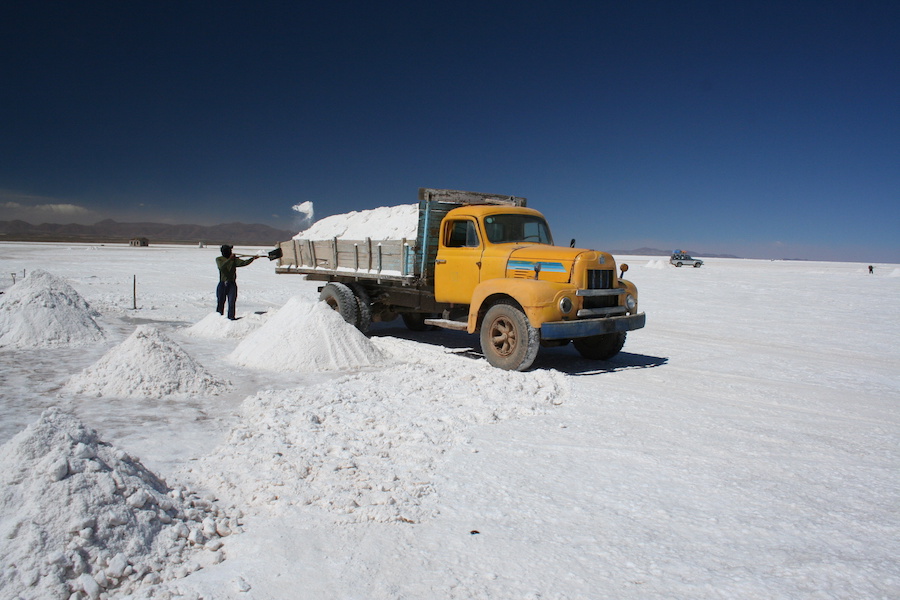South Korea’s POSCO drops plans for Chilean battery material plant

South Korea’s POSCO has pulled out of a project to build battery parts in Chile, the Asian steelmaker said, little more than a year after winning guaranteed access to cheap lithium from top producer Albemarle.
POSCO, together with partner Samsung SDI, won a 2018 Chilean government tender to build a battery-parts factory in the country’s northern desert in exchange for a 27-year supply of low-cost lithium.
The problem, POSCO told Reuters, is that the project it proposed requires lithium hydroxide, a type of the metal increasingly favored by makers of batteries for electric vehicles (EV) but one not produced by Albemarle in Chile.
Following last year’s tender, Chile’s government said the three projects together would bring $754 million in investment to Chile
Albemarle in Chile primarily produces lithium carbonate, a variety of the metal that is widely used in smaller consumer electronics.
Samsung, the world’s largest maker of smartphones, told Reuters that it is still reviewing the project following POSCO’s announcement.
POSCO’s decision is the latest in a string of setbacks for Chile, which has struggled to modernize its lithium policies, boost output and develop a domestic battery industry, despite having the world’s largest supplies of the metal and rising global EV demand.
Albemarle and the Chilean government in 2016 signed an agreement that allows Albemarle to more than triple its output of lithium, which is critically important for batteries for electric cars. But the deal requires the company reserve as much as 25% of its production for companies seeking to build batteries or their parts in Chile. The agreement does not specify whether Albemarle should produce lithium carbonate or lithium hydroxide at its facilities.
Albemarle and Corfo, which leases the company its mining rights in Chile, initially disagreed on how to price the lithium it would provide to the battery makers, but have since come to agreement. Neither has offered details of the settlement.
China’s Sichuan Fulin Transportation Group Co and Chile’s privately held Molymet also won access to the discounted lithium in last year’s tender.
An Albemarle spokesman confirmed the Posco-Samsung joint venture “was not interested in the lithium carbonate produced by Albemarle in Chile,” but said the company was still in open discussions with Fulin and Molymet.
Fulin and Molymet did not immediately respond to requests for comment on the status of their projects.
Following last year’s tender, Chile’s government said the three projects together would bring $754 million in investment to Chile, and promised at least 664 jobs would be created.
The deals were widely seen as a foot in the door into Chile as countries and global corporations scramble to lock down supplies of key metals used in batteries that power cell phones, tablets and electric vehicles.
POSCO last summer said it would build a lithium plant in Argentina to help secure its own supply. That announcement came as POSCO also said it would buy lithium mining rights in Argentina from Galaxy Resource Ltd’s in a deal worth $280 million.
(By Dave Sherwood and Jane Chung; Additional reporting by Shanghai newsroom; Editing by Ernest Scheyder and Leslie Adler)
{{ commodity.name }}
{{ post.title }}
{{ post.date }}




Comments